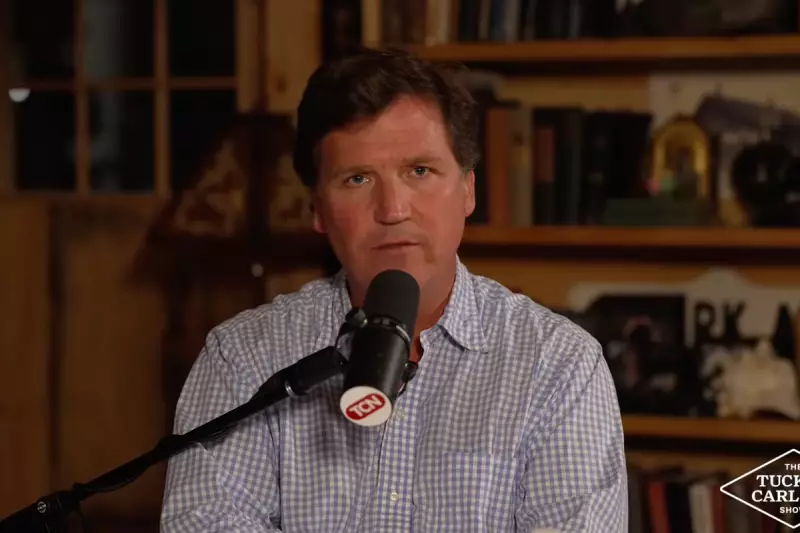
A significant rift has emerged within conservative media circles, pitting prominent commentator Charlie Kirk against former Fox News star Tucker Carlson. The controversy centres on Carlson's planned interview with former President Donald Trump, a move Kirk has vehemently condemned.
Kirk, founder of the right-wing student group Turning Point USA, launched a stunning public critique against Carlson. He accused the journalist of committing an act of "selfishness" for pursuing the interview, suggesting it could disrupt the unity of the Republican party ahead of a critical election cycle.
The Core of the Controversy
This public spat highlights the intense internal struggles over narrative control and influence within the Republican base. Kirk's central argument is that Carlson's independent journalism, particularly with a figure as influential as Trump, should be secondary to a collective, unified front against the Democratic party.
He expressed concerns that such high-profile, independent projects could fracture the media ecosystem that supports conservative causes, potentially diverting attention and resources from established party messaging.
Carlson's Defence and the Free Speech Principle
In response, Tucker Carlson and his supporters have framed the issue as a fundamental matter of free speech and journalistic integrity. They argue that the ability to conduct interviews and pursue news stories should not be contingent on political allegiance or party approval.
This defence positions Carlson not as a disruptor, but as a journalist exercising his core constitutional rights, a principle traditionally cherished by conservatives. The situation presents a paradox where the value of free speech appears to be in direct conflict with demands for political conformity.
A Broader Debate on Media and Politics
This clash transcends a simple personal disagreement. It underscores a pivotal and ongoing debate about the role of media figures in modern political movements. The key question being asked is whether influential commentators are mere amplifiers for a political party or independent actors with a primary duty to their audience and their craft.
The outcome of this very public feud could have lasting implications for how conservative media operates, defining the boundaries between commentary, journalism, and political operatives. It signals a moment of introspection and potential redefinition within the American right's media landscape.






